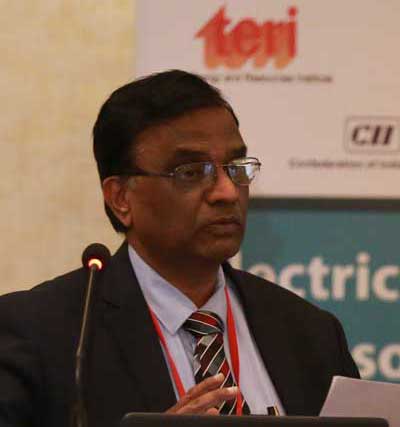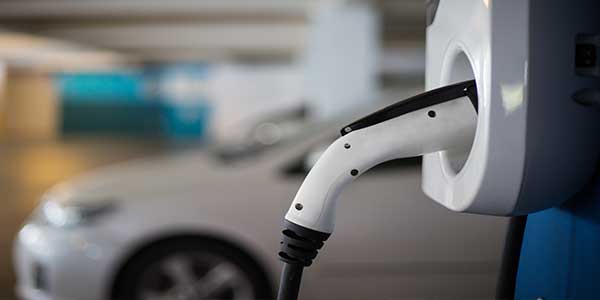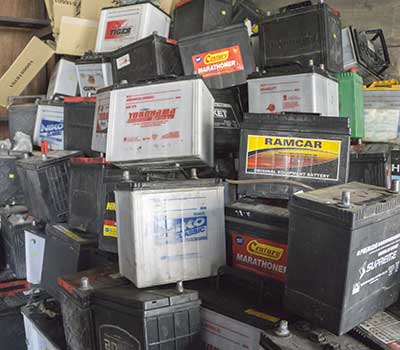
Going the Electric Way: EVs Gaining Momentum in India

While electric vehicles (EVs) are not a new concept in India, they have begun gaining momentum only recently. Not only has EV adoption been given a policy push, it has been received with open arms from major leaders like Maruti Suzuki, Mahindra, Tata Motors, and so on said A A Deshpande, Deputy Director Automotive Electronics Department, Automotive Research Association of India.
Speaking about EVs and their relevance to India, Mr Deshpande said the government’s ambitious Faster Adoption and Manufacturing of (Hybrid &) Electric Vehicle (FAME) vision for electrifying India’s vehicles by 2030 can be termed as a paradigm shift. He said not only are EVs more efficient, they have a higher reliability as compared to internal combustion engines; they are critical from the viewpoint of sustainability, and a step towards addressing fiscal as well as social concerns such as air quality.
The session panelists also identified the many challenges that EV adoption faces in India today.
Material availability perspective
 There is an urgent need for establishing a network of charging stations
There is an urgent need for establishing a network of charging stations
The biggest question arising from the industry is about the material availability of EVs—presently, 90% of the EVs parts are imported in India. India's affordable access to lithium, manganese, cobalt and nickel, essential for EV battery storage is a major cause of concern, said Mr Sohinder Gill, CEO, Global Business, Hero Electric & Director, Corporate Affairs, SMEV. Their import would push the nation into a vicious import trap, the kind India has already experienced with heavy oil imports, he warned. However, he reminded that battery prices have seen an 80% drop in the last five years, and that the market is set to grow in the span of next 3 to 5 years, stabilizing battery prices.
End-of-life vehicle management
Both Mr Ajoy Raychaudhari, Founder Director, Battery and Recycling Foundation International and Mr Tapan Sahoo, Sr VP (Engineering), Maruti Suzuki India, spoke of safe battery disposal, a critical component of the end-of-life vehicle management. India already has the technology to recycle used lithium-ion batteries and recover most of the material at an economical cost. This paves the way for export opportunities to sell used lithium batteries in the world market and contribute to the GDP, suggested Mr Gill.
Infrastructural development—Creating a demand for EVs would require an infrastructure
Adoption of EVs calls for a change in the mindset of consumer buying, said Mr Abhilash ET Nair, Sr Marketing Manager, ABB. “We, as consumers, look at aspects of value of purchase and convenience of buying/maintenance. With this, there is an urgent need for establishing a network of charging stations,” he said.
 Safe battery disposal will be critical for end-of-life management of electric vehicles
Safe battery disposal will be critical for end-of-life management of electric vehicles
Diversification is key
With the impetus on clean and green energy, the growth of the EV sector is promising. With the integration of renewables in the national grid, it often raises doubts about its endurance. In such a scenario, using natural as part of our energy systems would be prudent, said Mr Ajit Kumar Jindal Head, EV Engineering, Tata Motors, with a special focus on commercially driven vehicles.
Judicious business model
As per Mr Deshpande, undoubtedly, EVs have disrupted the manufacturing as well as the service ecosystem. What is required is the contribution from stakeholders, said Mr Raychaudhuri. A demand aggregator model would help drive down the costs, making it an attractive investment for end consumers. Research and development as well as building technical know-how will further the ‘Make in India’ and ‘Skill India’ initiatives, and open new avenues for entrepreneurship and employment,” reiterated Tapan Sahoo.